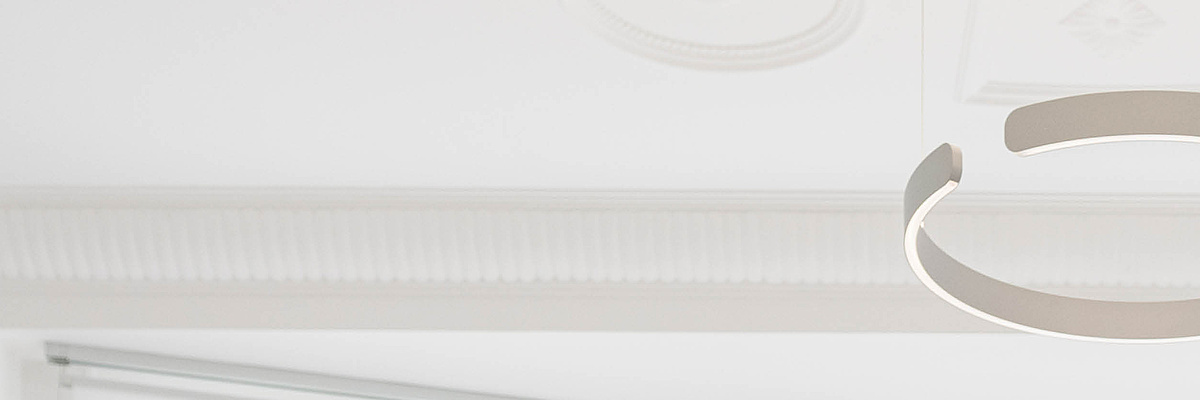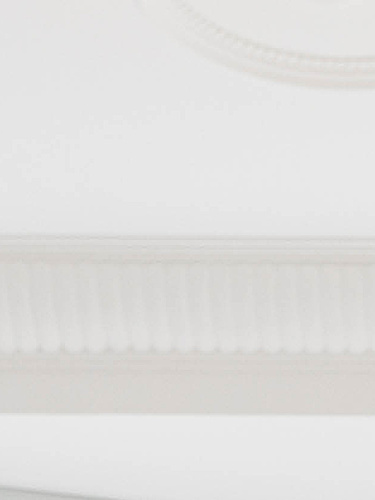


BREAKING NEWS!
On April 28th, the CJEU handed down its decision in the case C-44/21 on the Regional Court in Munich’s request under Art. 267 TFEU as to whether the German case law denying preliminary injunctive relief for patent infringement, if the validity of the patent-in-suit has not been confirmed in validity proceedings, is reconcilable with Art. 9(1) of Directive 2004/48/EC (“Enforcement Directive”). Follow the Link for the written grounds of the decision.
BACKGROUND
According to the standing case law of the Courts of Appeals in Duesseldorf, Karlsruhe and Munich, a preliminary injunction for patent infringement shall, in principle, be granted only if the patent-in-suit has successfully survived contentious invalidity proceedings. Deviations from this rule are limited to special circumstances of the given case, which are rarely met in practice. Under the impression of this standing case law, the submitting District Court of Munich (cf. District Court of Munich, docket 21 O 16782/20, GRUR-Prax 2021, 109 [Rastemborski]) saw itself prohibited from granting a preliminary injunction, given that the patent-in-suit had not yet undergone a validity challenge (opposition/nullity action).
DECISION
With its ruling, the CJEU is clear and unambiguous: any case law of the Member States which makes the successful conclusion of invalidity proceedings a proviso of a successful request for a preliminary injunction for patent infringement, will be in conflict with Art. 9(1) of the Enforcement Directive. The CJEU notes that neither the Enforcement Directive nor the German statutory provisions provide for the requirement established by case law of said Court of Appeal. The Court goes on to emphasize that Art. 9(6) of the Enforcement Directive provides for the option to make the enforcement of a preliminary injunction for the infringement of IP rights subject to a reasonable security bond, in order to secure the enjoined party against any damages that may arise in case the preliminary injunction should be overturned at a later state.
COMMENT
Today’s decision of the CJEU is likely to have a substantive practical impact on the German case law regarding preliminary injunctions for patent and utility model infringement in Germany. German Patent Trial Courts will have to adapt and refine their legal tests to meet the EU law requirements. With respect to patents, German infringement courts may likely be forced to look more closely at the validity of the asserted patent, despite the fact that the finding for infringement and validity is bi-furcated in Germany. A new test as to the degree of likelihood of validity of the patent-in-suit is likely to evolve and court venues may develop different takes on this. The impact of the decision does not stop there, however, as the CJEU emphasizes the importance of effective preliminary injunctive relief for any granted IP right, in general, thus including, amongst others, trademarks, designs, copyrights, and utility models.
It will also be interesting to see how the Unified Patent Court (UPC), which is expected to open its doors in early 2023, will embrace and implement the ruling. Under Art. 63 of the UPC Agreement, the Court may order preliminary injunctions for the infringement of Unitary Patents and European bundle patents, having immediate effect in all participating UPC Member States where the patent-in-suit is in force. Given the CJEU’s endorsement of effective preliminary injunctive relief for IP holders, the UPC may very well take a favorable approach towards respective requests – in contrast to many national courts of the participating Member States (including Germany). With this in mind, the CJEU’s decision could also encourage patent holders to turn to the new court system with a preliminary request.